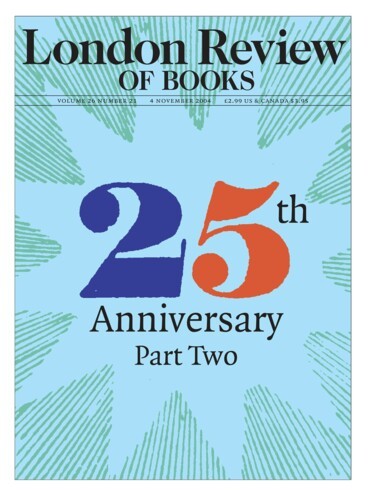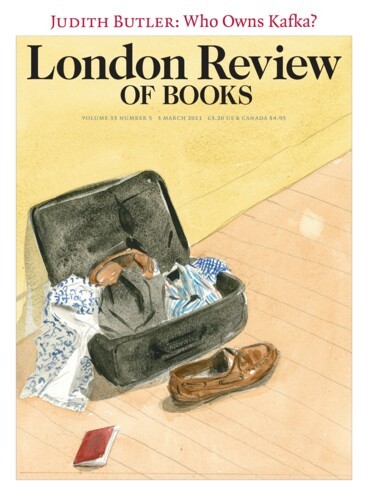No, it’s not anti-semitic: the right to criticise Israel
Judith Butler, 21 August 2003
“If we think that to criticise Israeli violence, or to call for economic pressure to be put on the Israeli state to change its policies, is to be ‘effectively anti-semitic’, we will fail to voice our opposition for fear of being named as part of an anti-semitic enterprise. No label could be worse for a Jew, who knows that, ethically and politically, the position with which it would be unbearable to identify is that of the anti-semite. The ethical framework within which most progressive Jews operate takes the form of the following question: will we be silent (and thereby collaborate with illegitimately violent power), or will we make our voices heard (and be counted among those who did what they could to stop the violence), even if speaking poses a risk?”





